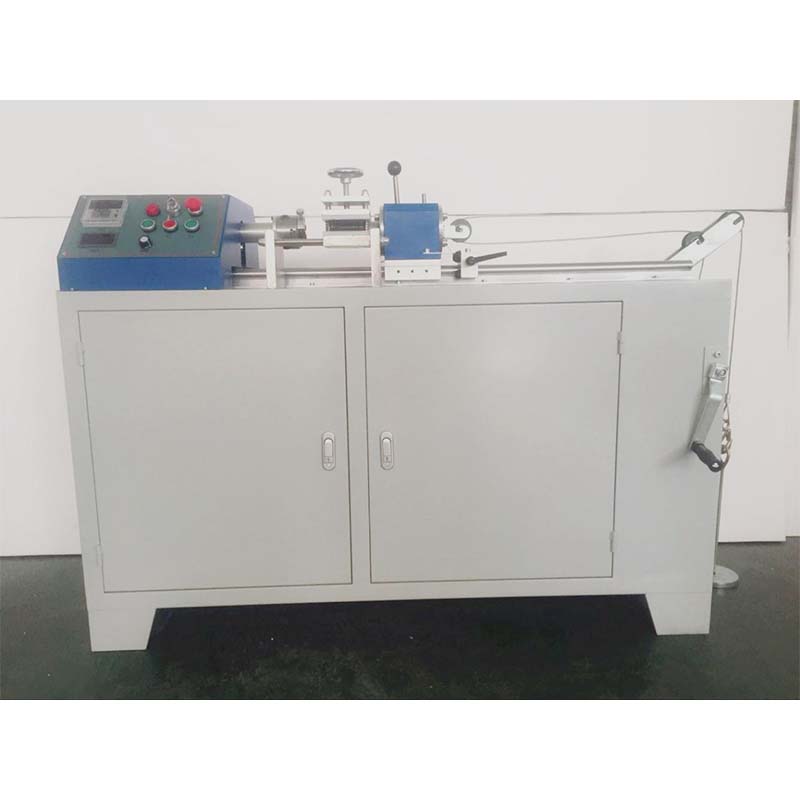factory for advanced electronic tensile strength testing equipment and solutions
Unveiling the Importance of Electronic Tensile Strength Testers A Guide for Manufacturers
In the realm of material testing and quality assurance, the electronic tensile strength tester stands out as an indispensable tool for manufacturers across various industries. These devices provide accurate measurements of a material's tensile strength, which is crucial for ensuring product quality and compliance with industry standards. This article explores the functionality, advantages, and significance of electronic tensile strength testers, particularly for manufacturers looking to enhance their production processes.
What is an Electronic Tensile Strength Tester?
An electronic tensile strength tester is a sophisticated device designed to measure the force required to stretch or pull a material until it breaks. This measurement is critical in determining the tensile strength, elongation, and other mechanical properties of materials such as metals, plastics, and textiles. The electronic nature of these testers allows for precise data acquisition, easy reporting, and integration with other laboratory management systems.
How Do Electronic Tensile Strength Testers Work?
These testers operate by placing a specimen between two grips. During testing, the machine applies a controlled tension to the material, gradually increasing until the specimen fails. The system continuously measures the force exerted on the material and the corresponding elongation. This real-time data is often displayed on a digital screen, facilitating instant analysis. Advanced models may feature software that enables detailed report generation, trend analysis, and comparative studies.
Advantages of Electronic Tensile Strength Testers
1. Precision and Accuracy The electronic tensile strength tester offers high precision, allowing manufacturers to obtain reliable data. This accuracy is vital for quality assurance and helps in minimizing material waste.
2. User-Friendly Interface Many modern testers come with intuitive software that simplifies operations. Users can easily set parameters, monitor tests, and generate reports with a few clicks.
3. Data Management The ability to store and analyze large amounts of data is a significant advantage. Manufacturers can track trends over time, compare different materials, and maintain comprehensive records for compliance audits.
electronic tensile strength tester factory

4. Versatility These testers are versatile in terms of the materials they can test. From rubber and plastics to metals and composites, electronic tensile strength testers cover a wide spectrum, making them essential for various manufacturing processes.
5. Automation and Integration With advancements in technology, many tensile strength testers can be automated and integrated with other machinery in a production line, enhancing operational efficiency and safety.
Importance for Manufacturers
For manufacturers, utilizing electronic tensile strength testers is crucial for several reasons
- Quality Control Consistent testing helps ensure that materials meet required standards and specifications. This is particularly important in industries such as aerospace, automotive, and construction, where material failure can have catastrophic consequences.
- Regulatory Compliance Many industries are governed by strict regulations demanding specific material properties. Electronic tensile strength testers help manufacturers demonstrate compliance with these regulations, protecting them against legal ramifications.
- Cost Efficiency By detecting material flaws early in the production process, manufacturers can avoid costly recalls, rework, and damaged reputations. Investing in electronic tensile strength testers is therefore a strategic decision that can lead to significant savings.
- Innovation and Development In a competitive market, continuous improvement is vital. Accurate testing allows manufacturers to innovate new materials and products, pushing the boundaries of existing technology.
Conclusion
In summary, electronic tensile strength testers represent a vital investment for manufacturers committed to quality and innovation. By providing accurate, reliable, and extensive data, these testers enable companies to optimize their production processes, ensure compliance with industry standards, and maintain a competitive edge in an ever-evolving marketplace. Adopting such technology not only enhances efficiency but also fortifies a manufacturer’s commitment to quality, safety, and sustainability. As the industry continues to grow and evolve, the electronic tensile strength tester will undoubtedly remain at the forefront of material testing in manufacturing.
-
Why the Conductor Resistance Constant Temperature Measurement Machine Redefines Precision
NewsJun.20,2025
-
Reliable Testing Starts Here: Why the High Insulation Resistance Measuring Instrument Is a Must-Have
NewsJun.20,2025
-
Flexible Cable Flexing Test Equipment: The Precision Standard for Cable Durability and Performance Testing
NewsJun.20,2025
-
Digital Measurement Projector: Precision Visualization for Modern Manufacturing
NewsJun.20,2025
-
Computer Control Electronic Tensile Tester: Precision and Power for the Modern Metal Industry
NewsJun.20,2025
-
Cable Spark Tester: Your Ultimate Insulation Assurance for Wire and Cable Testing
NewsJun.20,2025
 Copyright © 2025 Hebei Fangyuan Instrument & Equipment Co.,Ltd. All Rights Reserved. Sitemap | Privacy Policy
Copyright © 2025 Hebei Fangyuan Instrument & Equipment Co.,Ltd. All Rights Reserved. Sitemap | Privacy Policy
